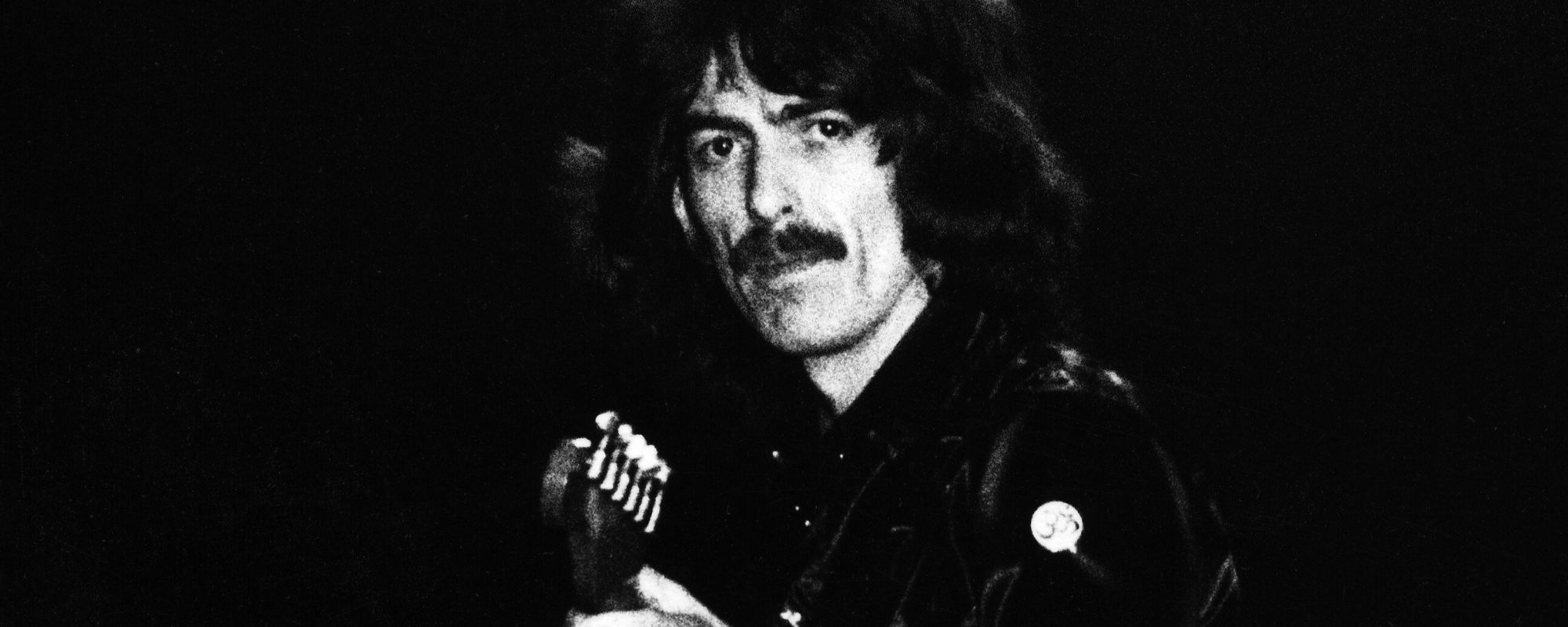Blue Öyster Cult is an iconic American rock band that has been making music since the late 1960s. Over the years, the band has released 16 studio albums with their latest, Ghost Stories, hitting shelves and streaming services in 2024. However, their best-known song is the 1976 hit “(Don’t Fear) The Reaper.” The song went to No. 7 on the Billboard Hot 100 chart, giving BOC their highest-charting single. Decades later, it is a staple of classic rock radio and has appeared in countless films and television shows.
Videos by American Songwriter
Joe Bouchard played bass for Blue Öyster Cult between 1970 and 1986. His tenure included their Platinum-selling album Agents of Fortune, which includes “(Don’t Fear) The Reaper.” In an interview with Rock History Music, Bouchard recalled hearing the song for the first time and shared his initial reaction.
[RELATED: Behind the Band Name: Blue Öyster Cult]
Joe Bouchard Recalls Hearing Blue Öyster Cult’s Biggest Hit for the First Time
Joe Bouchard was looking back on Blue Öyster Cult’s early days and mentioned the recording sessions for Agents of Fortune. During that conversation, he remembered being blown away by the song. “Donald wrote ‘The Reaper’ and he actually had a great arrangement,” he said. “He brought in a cassette, put it in at rehearsal, and I’m going, ‘Wow. This is it,’” Bouchard recalled.
“It’s hard to find a song that’s a hit for a group that’s kind of in the science fiction heavy metal vein. So, he took that sort of sci-fi thing and blended it into this love song,” he explained. “What you have there is phenomenal. I knew it was going to be a hit. One way or another, it was going to be a hit,” he added. “We would go out on these tours, and we would have a get-together at the hotel after and bring some record company people in. They would listen to it and go, ‘Whoa! That’s great!”
Donald Roeser, better known by his professional moniker Buck Dharma, wrote “(Don’t Fear) The Reaper.” Over the years, many people have assumed that a murder-suicide plot sat at the heart of the song’s meaning. However, that wasn’t Roeser’s vision. Instead, he wrote the song about a love that transcends death and dispels the fear of death.
Featured Image by Andre Csillag/Shutterstock











Leave a Reply
Only members can comment. Become a member. Already a member? Log in.